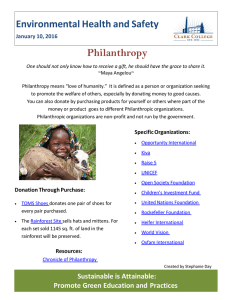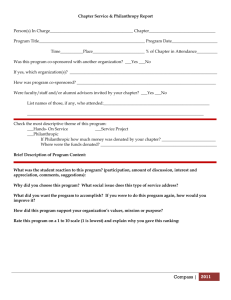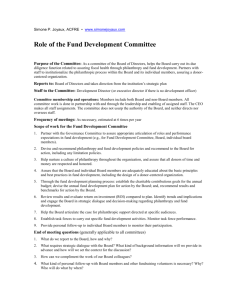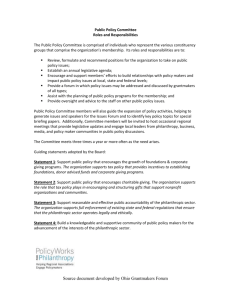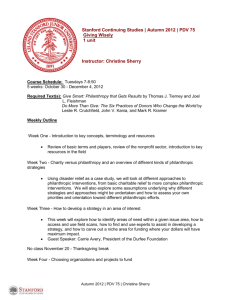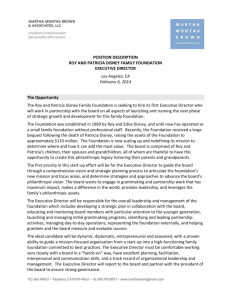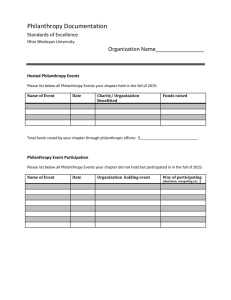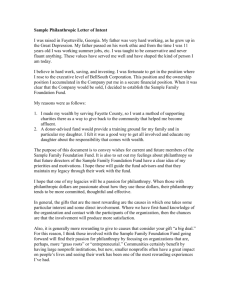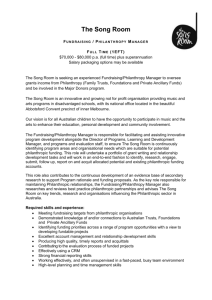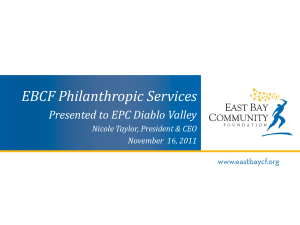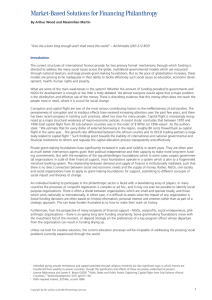Family Mission Statement
advertisement
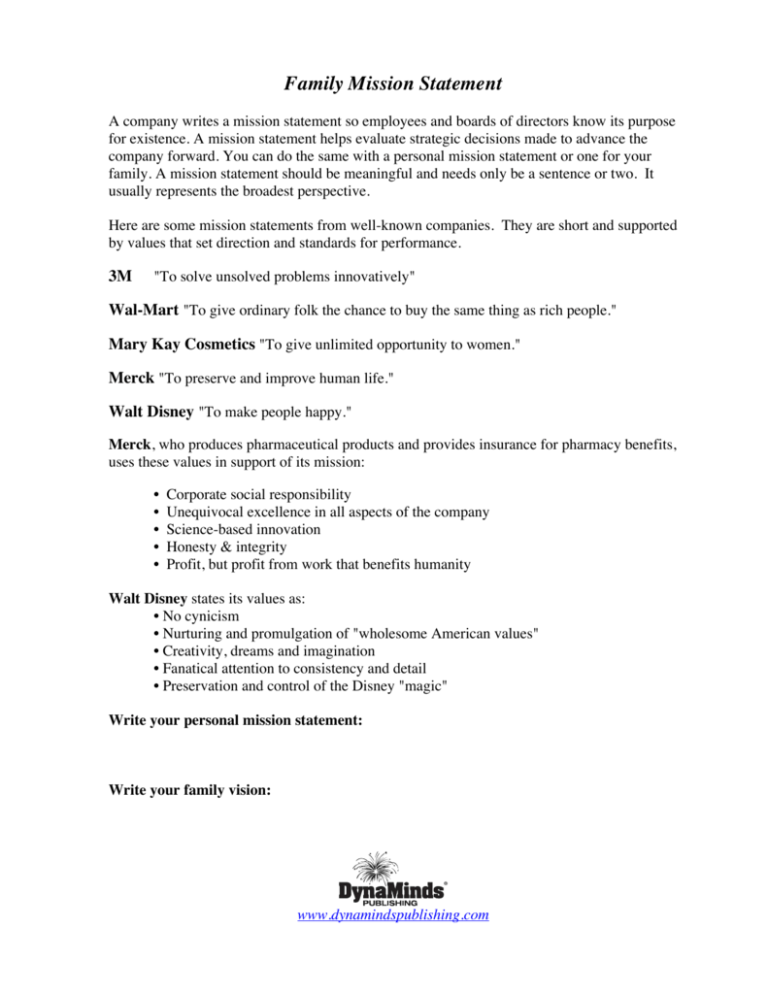
Family Mission Statement A company writes a mission statement so employees and boards of directors know its purpose for existence. A mission statement helps evaluate strategic decisions made to advance the company forward. You can do the same with a personal mission statement or one for your family. A mission statement should be meaningful and needs only be a sentence or two. It usually represents the broadest perspective. Here are some mission statements from well-known companies. They are short and supported by values that set direction and standards for performance. 3M "To solve unsolved problems innovatively" Wal-Mart "To give ordinary folk the chance to buy the same thing as rich people." Mary Kay Cosmetics "To give unlimited opportunity to women." Merck "To preserve and improve human life." Walt Disney "To make people happy." Merck, who produces pharmaceutical products and provides insurance for pharmacy benefits, uses these values in support of its mission: • • • • • Corporate social responsibility Unequivocal excellence in all aspects of the company Science-based innovation Honesty & integrity Profit, but profit from work that benefits humanity Walt Disney states its values as: • No cynicism • Nurturing and promulgation of "wholesome American values" • Creativity, dreams and imagination • Fanatical attention to consistency and detail • Preservation and control of the Disney "magic" Write your personal mission statement: Write your family vision: www.dynamindspublishing.com How Ready Is Your Family? 1. As a family unit, what is truly most important to you? 2. Describe your family’s assets (not monetary ones). 3. Do you believe you should guide and support each family member’s life journey? If so, how? 4. On a scale of 1 to 5 (5 is highest), how much responsibility do you feel to society? 5. How do you believe you should impart philanthropic values to your children? At what age would you do this? 6. How much wealth do you want your children to have? At what age? 7. On a scale of 1 to 5 (5 is highest), how philanthropic do you want your children to be? 8. On a scale of 1 to 5, how much do you care about a philanthropic legacy? 9. Do you involve other family members with your own philanthropy decisions? Do you want to? www.DynaMindsPublishing.com Identifying Shared Family Values 1. Can you list 6 to 8 core family values? 2. Rank the above values in order, (#1 is most important) 3. How do any of these values reflect the type of philanthropy the family wants to do? 4. How do these values influence the types of causes or organizations that the family wants to support through philanthropy? 5. How can these values be used to help the family bond together in philanthropic endeavors? What kind of endeavors? www.DynaMindsPublishing.com One generation plants the tree, but another enjoys the shade. anonymous Where Are You Now? Find your legacy quotient using the following questions: 1) Do your children know the story of how you accumulated your wealth? 2) Do your grandchildren know the story? 3) Have you shared this story in a formal way (video, family meeting, written story)? 4) List the values most important to you in your life (faith, strong work ethic, family time, honesty, etc.) 5) What values did your parents pass onto you? 6) Do you know your maternal or paternal great-great-grandfather’s first name? 7) Would you like your great-great grandchildren to know yours? Using a scale of 1 to 5 (5 being highest), evaluate the following: 1) How good a job have you done communicating to your children the values important to you? 2) If asked to list the values most important to your children in their own lives, how closely do you think their list would match yours? 3) How important do you believe it is for your children to understand the relationship between the values you have lived by and the success you have enjoyed? 4) Would you say having your children understand this relationship is just as important as their understanding of the terms and conditions of the estate planning documents with which your assets will be distributed? 5) Do you have a traditional estate plan? If not, at what age do you think you will have one? 6) Can your spouse (or inheritors) access this information? 7) Have you had in-depth conversations with your children about the contents and design of your estate planning documents? 8) How important do you feel the money you leave will be in helping your children (and their children) live healthier, fuller and more productive lives? www.DynaMindsPublishing.com
